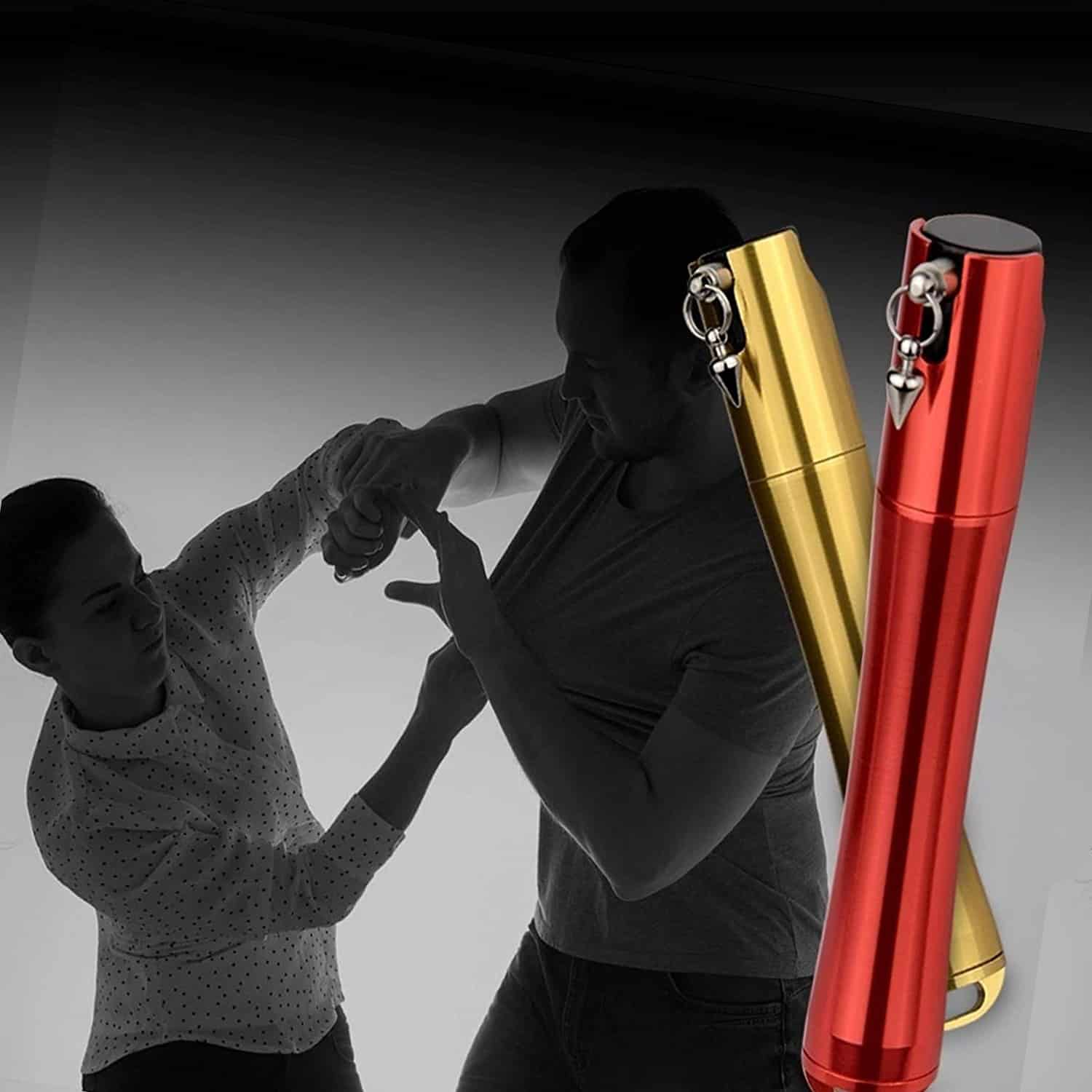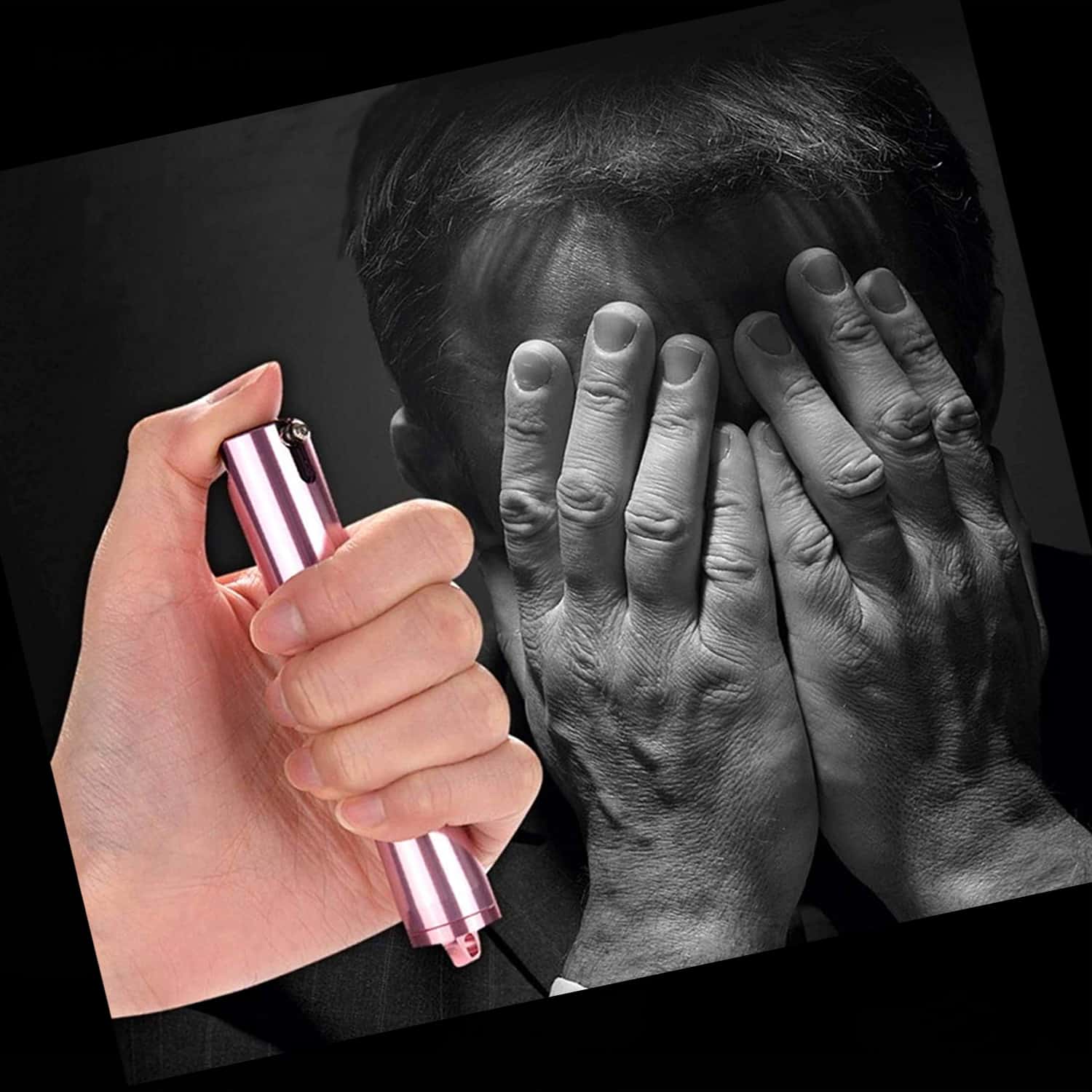You want to know how you can alleviate the effects of this chemical. Pepper spray can be extremely irritating, maybe even life-threatening for those who have respiratory problems. Knowing how to properly treated is imperative, and this article should assist you with that
How Pepper Spray Affects You?
Having a proper standing of what pepper spray is and how it affects you will help you to be able to counteract its effects. First of all, pepper spray is made using the extract from hot peppers. This extract is oleoresin capsicum which is found in higher quantities in hotter peppers.
For example, one of the most commonly used types of peppers with pepper spray is cayenne pepper. If you have ever eaten food made with cayenne peppers, then you clearly understand the effects that this has. It causes your mouth to burn, your eyes to water, and your nose to start running. Before you know it you are inhaling water like air, hoping to counteract the effects of this pepper.
The effects that these peppers have in your mouth is the same kind of effect that pepper spray will have on your skin. The oil that is retrieved from these peppers is an inflammatory agent, meaning that it will cause the affected areas to feel like they are bubbling or boiling. If not treated right away, these effects can last as long as 45 minutes, maybe even longer depending upon the potency of the pepper spray that is used.
There are symptoms that are commonly seen when pepper sprays deployed. This includes such things as gagging and gasping for air, and inability to breathe or speak, wheezing, and shortness of breath. It can even lead to burning in the throat or on the skin, and a dry cough.
The affected area where the pepper spray comes in contact with your skin will often turn a bright red. The burning sensation of the pepper will cause blood to accumulate in the affected area, causing the skin to get bright red.
In some instances, it can cause the skin to turn blue. A person who is having trouble breathing or who is impacted by the pepper spray so that blood will not flow properly can have serious trouble breathing, which will lead to a blueness in the skin. This can lead to respiratory arrest. A person in such a condition should be treated right away. The most common effects of pepper spray include:
- Wheezing
- Burning in the throat
- Dry cough
- Gagging
- Gasping for air
- Shortness of breath
- Burning of the skin
- Watering of the eyes
- Difficulty seeing
- Inability to breathe or speak
- Increased blood pressure
- Hypertension
What to Use if You Get Pepper Spray on You?
If you have had pepper spray on your skin before, then you know that the effects of it will wear off after a short period of time. Many in law enforcement or who join the military are required to go to a gas chamber to feel the effects of pepper spray. It is not pleasant, but it is not life-threatening. You will recover.
However, you may not want to wait 30 or 40 minutes to feel better. That can be an excruciating period of time, and one that is not necessary. A few simple things can help you to alleviate the effects of the pepper spray. Here are four of the most beneficial to use.
- Water. There are a few treatments that are highly effective, but the best one is to flush the affected area with water. This is especially true of your eyes. If you had this product sprayed in your eyes, you want to flush your eyes for at least 10 or 15 minutes with water. It is preferable that you would use saline water, but even water from your garden hose will work in a pitch.For your skin, get something like Dawn dish detergent and wipe down the affected area with some warm soapy water. Be gentle and how you touch the affected areas as this skin is already quite irritated. Some even just place the towel in the soapy water, and then apply the towel to the affected area, letting it rest for a few minutes on the skin. You should rinse off the area afterward with water.
- Milk. Do you know how milk helps to counteract the effects of hot peppers you may have eat in a dish? It will have the same effect on pepper spray as well. You can use a spray bottle that contains cold, whole milk, spraying the milk on the affected areas. This should not be applied on the eyes, however. Only use directly on your skin.As an important note, it is a good idea to ensure that the milk stays cold. Cold milk will have a much bigger impact to counteract the effects of the pepper spray.
- Vegetable Oil. Vegetable oil can work quite well also. Apply it to the affected area much like you would apply lotion, and let sit for about 10 minutes. Then rinse with soap and water. Repeat as necessary.
- Dish Soap. For your skin, you may want to consider using a mild dish open. A light cleansing of the affected area with a washcloth that contain soapy water is the perfect solution. Do not scrub, but simply wipe the area.
How to get pepper spray out of eyes and stop burning?
Pepper Spray in Your Eyes
Of course, if you get pepper spray in your eyes you should not use milk or vegetable oil there. The only proper treatment to stop the burning and irritation in your eyes is to flush the eyes with plenty of water. If possible, it is preferable that you use purified water. However, even water from a garden hose or a tap is acceptable when trying to remove pepper spray from your eyes.
Important Notes
If you are a person who is treating someone who is been affected by pepper spray, ensure that you don’t come in direct contact with the chemical itself. It is a good idea to wear gloves and a surgical mask to guard your respiratory system from the effects of the chemical. Even breathing it in can cause you to have a severe reaction.
If a person has been sprayed with this, it may be a good idea for you to wear safety goggles as well. Protect your eyes from the effects of the chemical, or you may need this treatment yourself.
Most importantly, if you have been sprayed by pepper spray, try to stay as calm as possible. Getting upset and agitated will only enhance the effects. If you stay calm, it will help to keep your blood pressure down in your heart rate in order, reducing the effects and making the treatment work a lot faster.



